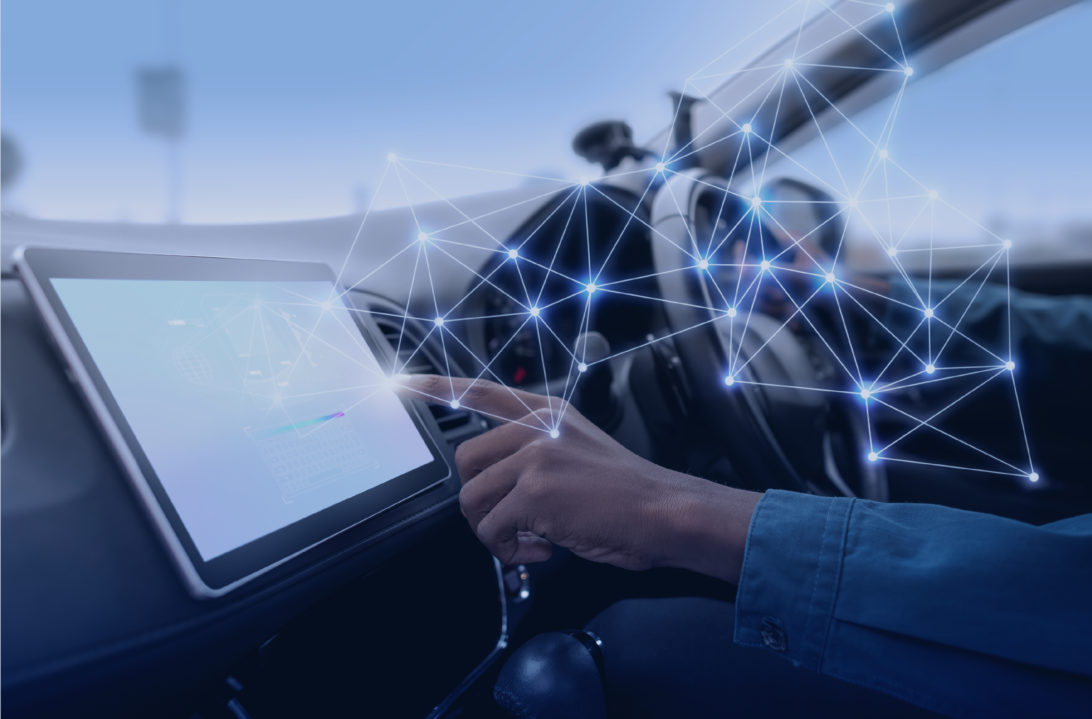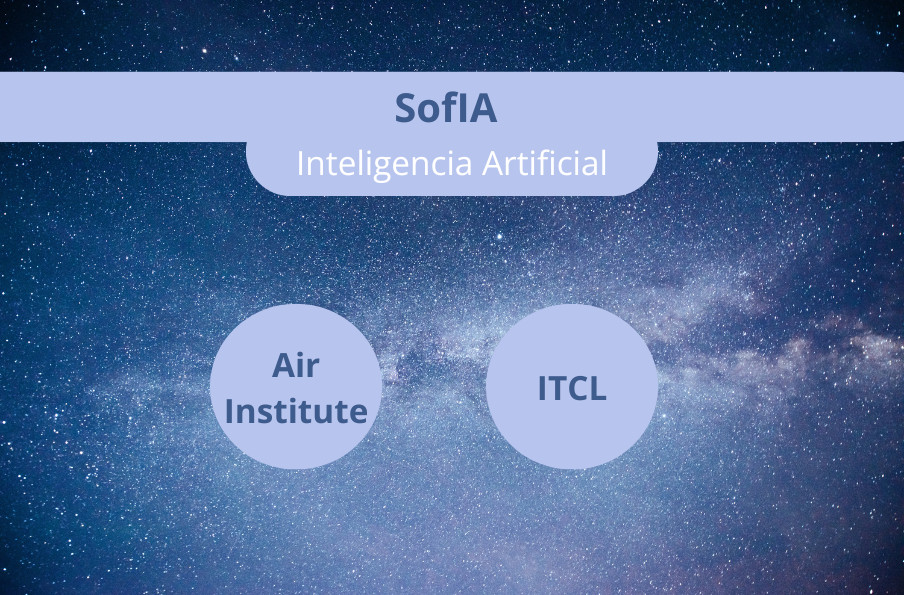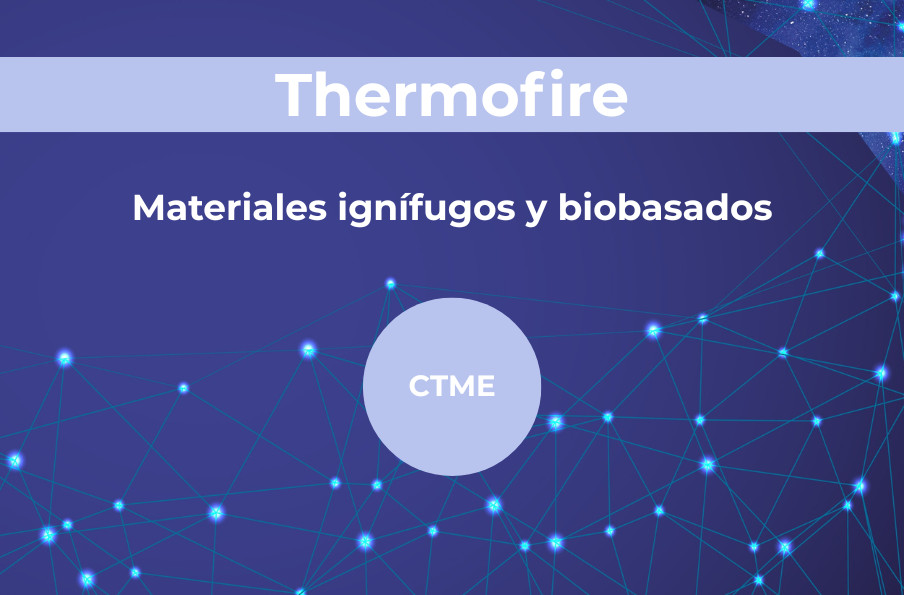Through the capabilities of the Technology Centers, we promote the use of alternative energies and new sustainable, safe and connected usage models to reduce the negative impact associated with mobility.

The automotive industry and new mobility are currently undergoing an unprecedented revolution. The convergence of technology, environmental concerns and evolving consumer preferences are giving rise to a horizon of safe and connected sustainable automotive and new mobility that is markedly different from the one we knew just a few years ago.
The transformation in the mobility industry revolves around four axes: decarbonization, autonomous vehicles, connectivity and mobility as a service. Key axes for recovery along with digitalization and decarbonization in 2050 and the challenge of making both compatible with a just transition, as European objectives and shared commitment.
Current challenges and future challenges in the mobility industry
The automotive industry has been evolving throughout the more than 100 years of automotive history. An evolution that has tended to accelerate in recent years due to the incorporation of digital technologies, new materials and new propulsion technologies that will set new and exciting challenges. Decarbonization is one of the strongest challenges the automotive industry has ever faced.
Developing sustainable, efficient and accessible transportation systems is a major challenge and a key element in improving people’s quality of life.
At NODDO, thanks to the talent of the Technological Centers of Castilla y León, we promote opportunities to implement the development of technologies applied to the design, manufacture and use of different means of transport: automotive, aeronautics, railroads, etc., prioritizing safety and efficiency.
The development of new technologies makes driving safer and more comfortable, and systems such as driving assistance and autonomous mobility make driving easier and more accessible to a large segment of the population.
Sustainable mobility in the automotive industry
The European Union has recently taken a step forward in terms of sustainable mobility, approving 2035 as the year in which the production and trade of cars with combustion engines will end.
These developments mark a before and after in the way we move. A flood of new sustainable mobility challenges that are forcing the automotive sector to change its roadmap for the coming years. New proposals that must be based on the sustainability of all processes.
In recent years we have witnessed the growth of a new, more sustainable and ecological mentality. Respect for the environment has permeated society and all industrial processes. The way we move around has changed. Sustainable mobility is viable and real.
Today, we are immersed in a new paradigm of sustainable mobility that is here to stay. To improve the quality of life on the planet, we must reduce our carbon footprint and harmful gas emissions. We are already seeing important technological advances in all sectors that seek to mitigate damage to the environment.
Innovation and technology development in the automotive and new mobility sectors
Innovation and technology play a key role in the transformation of the automotive industry and the new mobility, in the way we move around and how services are conceived.
The automotive and mobility industry is transforming, offering opportunities to reduce emissions, improve safety and optimize transportation efficiency. As these trends continue to evolve, we will see a future of more connected, sustainable and safer mobility.
Below, we describe the key areas in which innovation and technology are shaping this sector, through the Technology Centers of Castilla y León:
Logistics and Intermodal (intelligent mobility) for efficient and integrated goods transport
It focuses on optimizing the supply chain and transportation of goods to achieve greater efficiency, reduce costs and greenhouse gas emissions. The use of information and communication technologies, geographic information systems, among others, allows for better management and coordination of the different modes of transportation, such as road, rail, maritime and air. Also incorporating more sustainable and efficient means of transportation such as bicycles, public transportation and electric vehicles for proximity transportation.
Assisted, Autonomous and Connected Mobility
Seeks to develop technologies and systems for vehicle automation and connectivity, in order to improve safety, efficiency and user experience. Advancing in the control of autonomous vehicles, communication between vehicles and with the infrastructure, human-machine interaction, fleet management and route optimization. Also addressing legal, ethical and social issues related to this paradigm shift.
Combustion mobility, more efficient and cleaner combustion technologies for a new automobility.
Seeks to develop more efficient technologies and propulsion systems in vehicles that use fossil fuels. Improving energy efficiency to reduce polluting emissions, through the design and optimization of engines, combustion systems and emission post-treatment technologies. In addition to studying the implementation of alternative fuels and the adaptation of existing vehicles to these fuels.
Electric mobility, electric revolution for the mobility of the future
Develops technologies and systems for the propulsion of electric vehicles and their integration into the transportation infrastructure. It includes the design and development of high-efficiency batteries, electric motors, charging systems, and the implementation of public policies and business strategies for the transition to more sustainable transportation. Complementarily including environmental impact assessment and optimization of the supply chain of critical materials for the production of electric vehicles.
Safe Mobility, vehicle technologies and infrastructures for the safety of users
It is committed to the design, implementation and evaluation of systems and technologies to improve safety in transportation facilities and infrastructures. This includes the investigation of risk factors, the evaluation of vehicle and infrastructure safety, the identification of accident prevention and control measures, and the development of warning and collision prevention systems. The ultimate goal is to reduce the number of transport accidents and improve user safety.
Sustainable Mobility, through technology and digitalization
Addresses the transformation of transportation and mobility to reduce its environmental impact and improve people’s quality of life. Including the development of more efficient technologies and transportation systems, the promotion of alternative modes of transport such as cycling and public transport, and the implementation of sustainable mobility policies and strategies in cities and regions. In addition to promoting awareness and education on the importance of sustainable mobility to build a greener and more equitable society.
These areas of innovation and technology development are driving significant changes in the automotive industry, from the way vehicles are manufactured to how we use them and how they are integrated into our transportation infrastructure.
Technology Centers play an essential role in the implementation of technological innovation in the automotive and new mobility sectors, improving the quality of life, sustainability and efficiency of transportation systems.
At NODDO, thanks to the Centers, knowledge, technology and innovation are implemented to integrate solutions in a global sustainable mobility system.
The automotive industry and new mobility are in the midst of a profound and exciting transformation. Electrification, autonomous driving, shared mobility and other trends are shaping a future where vehicles are cleaner, safer and more connected. Sustainability and innovation are the drivers of this change, being crucial to making this transformation a success. As we move into this new era of mobility, we must be prepared to embrace change and seize the opportunities it offers.
From the Network of Technology Centers interdisciplinary work in an integrated manner, covering all technical disciplines. technical disciplines and finding innovative solutions in all parts of the processes.
If you want us to help you to empower your company and to find innovative technological solutions for your processes, do not hesitate to contact Noddo.
Follow us on LinkedIn y Twitter sign up for our Newsletter to stay up to date with what’s new on the Web.










